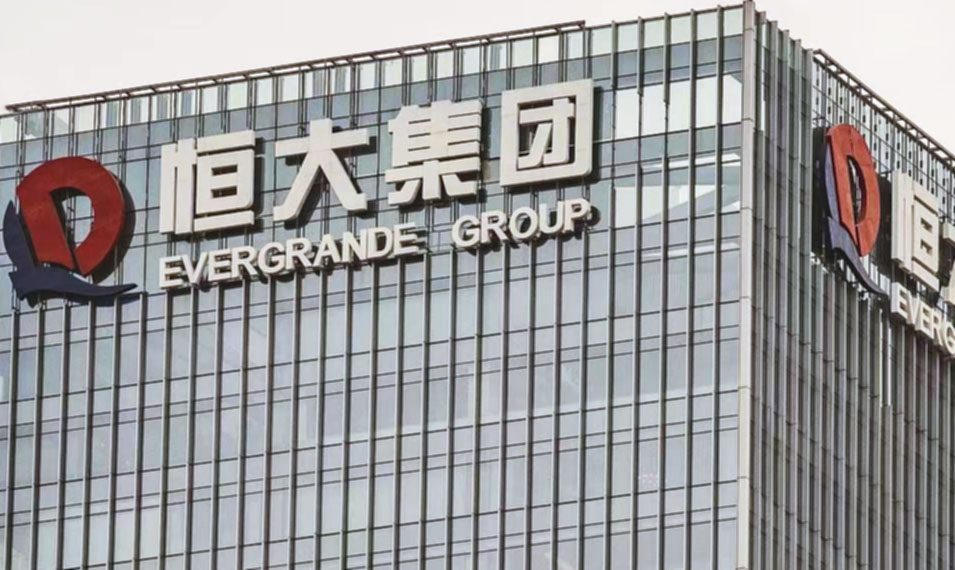This article is from the Australian Property Journal archive
CHINA’S housing minister has told troubled property company to “go bankrupt”.
This stark admission by China’s housing minister Ni Hong reveals the troubled state of China’s economy and housing market in 2024.
Ni told reporters in Beijing that fixing the property market – accounting for around 25% of China’s economy remains a “challenge”.
“The task of stabilising the market is still very difficult,” he said.
He said real estate companies that “need to go bankrupt should go bankrupt, and those that need restructuring should be restructured.”
Ni added that property players who “harm the interests of the masses should be resolutely investigated and dealt with according to the law.”
The CCP is attempting to reduce interest rates and lower down payments.
Ni insisted, despite the fact that China’s property market is in turmoil, that the government’s bottom line of avoiding “systemic risks” in the property sector had been maintained.
According to data released by Australia’s ANZ Bank, China’s unsold residential property had surpassed 3 billion square metres at the end of 2023 – a glut that could take as much as three years to clear.
Minister Ni’s candid comment follows a Hong Kong court order that Evergrande, the world’s most indebted property developer, be wound up. Evergrande’s billionaire founder and chairman Hui Ya Kan was detained by Chinese police and put under surveillance last year, while there were allegations that he attempted to assets offshore while the company struggled to finish projects.
China’s biggest private developer, Country Garden was deemed to be in default on a dollar bond for the first time late last year and its own survival has come into question. It has nearly completed its sell-down of Australian assets, reportedly offloading its last remaining estate, the 330-hectare undeveloped portion of Wilton Greens in south western Sydney for around $240 million. It will continue developing stage one lots and retain stage two lots, which have yet to be approved. That followed the circa $250 million sale of Melbourne project Windermere.
A Reuters poll of economists revealed new home prices could decline by 0.9% this year. This compares to a previous poll in November last year which predicted growth of 1.1%.
A crisis of confidence in the local market has seen Chinese buyers interest in Australian real estate rebound. According to latest Foreign Investment Review Board (FIRB) data for the September quarter, there were 1,374 approved residential investment proposals with a total value of $1.5 billion made in the period.
But the true number of purchases from mainland China may be much bigger as more are waiting to obtain permanent residency before buying – those sales are not counted in the FIRB figures.
Co-founder and group manager director of international property portal Juwai IQI, Daniel Ho said that instead of buying as non-residents, most are waiting until they have permanent residency in Australia due to a host of factors. FIRB only tracks purchasing by those who do not have residency.
“If you know you’re on the path to getting permanent residency, there is no reason to pay the extra costs that come with purchasing as a non-resident. That means the extra stamp duties and the uncertainty of the FIRB process. Also, owning property as a foreign buyer, with land tax and vacancy tax, is more expensive than owning is after you have permanent residency.”
Ho said Chinese and other Asian buyers will purchase more property in Melbourne this year than in 2023.
Meanwhile China’s leaders have set a growth target for 2024 of 5%. Analysts believe the target is highly ambitious.
Goldman Sachs wealth management has told investors to stay away from the Chinese stock market in 2024.
Chief investment officer of Goldman’s wealth-management business, Sharmin Mossavar-Rahmani told, told Bloomberg News that she has advised high-net-worth clients “not to buy Chinese stocks”.
Meanwhile, China has launched a whitelist to control, and boost lending on certain types of “approved” residential projects.
At the end of last month, 276 cities in 31 provinces and regions have been approved on the whitelist.
Around 6,000 real estate projects proposed for financing. Banks have approved loans of over 200 billion yuan ($27.79 billion USD) for whitelisted projects.
The government has also launched a campaign stating housing is for “living” not “speculation”.
Reports out of China is that the CCP is not taking kindly to international reports on its economy by local and overseas analysts.




